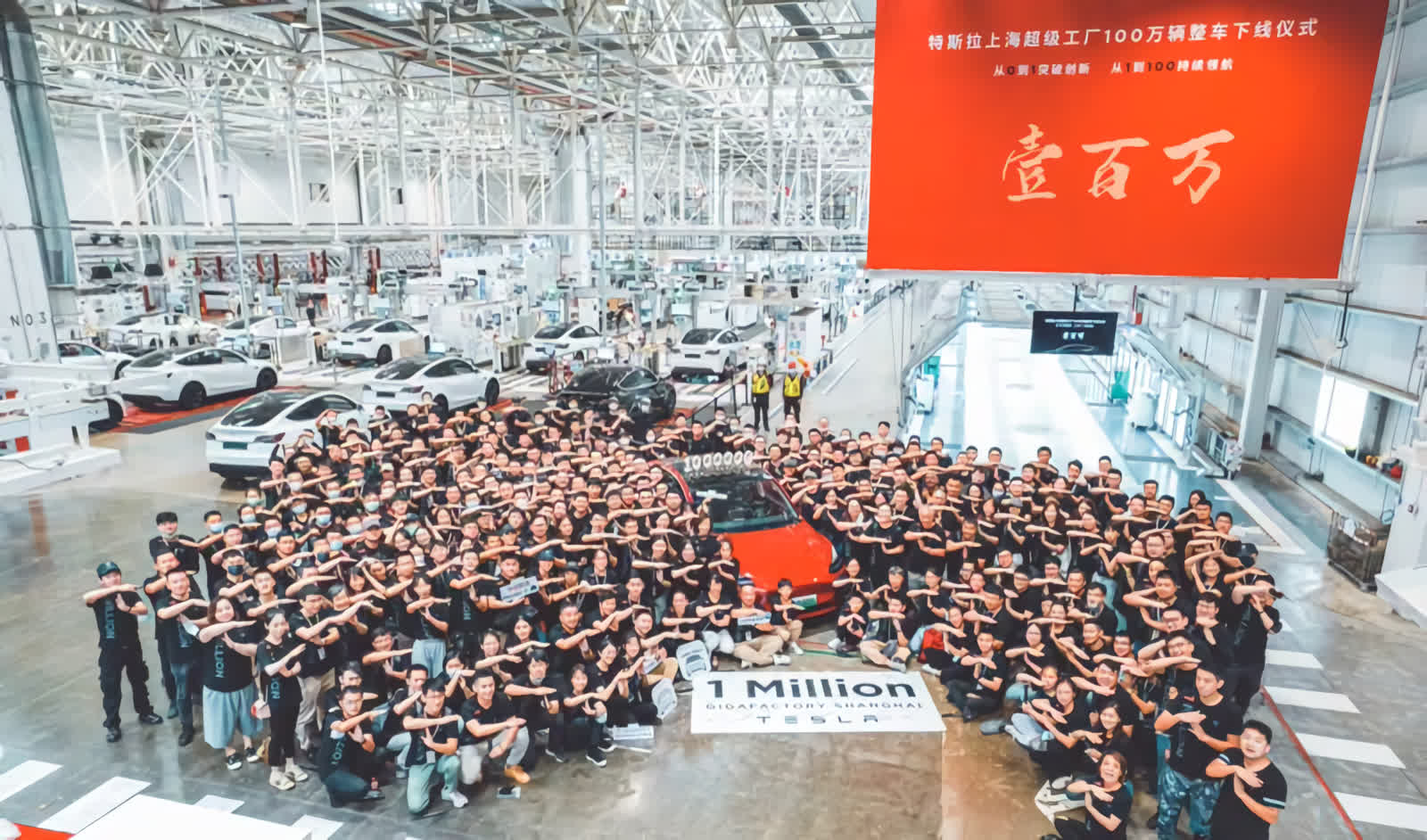A hot potato: Days after he caused controversy over his peace plan for Ukraine, Elon Musk has found himself in the middle of another geopolitical hot topic. This time, it's the tension between China and Taiwan. The world's richest person said the two nations could reach a "reasonably palatable" arrangement over the island, which has brought praise from China and anger from Taiwan.
In a wide-ranging interview with the Financial Times, Musk was asked about China, where the Shanghai Gigafactory produces between 30% - 50% of Tesla's EVs. He believes that conflict between the country and Taiwan, which is self-ruled but Beijing claims is part of its territory, is inevitable, adding that it would cause a 30% hit to the global economy, with Apple suffering more than most.
Musk also offered his solution to the problem: "figure out a special administrative zone for Taiwan that is reasonably palatable." He added that Taiwan could have "an arrangement that's more lenient than Hong Kong."
In August, Musk revealed that Tesla had produced over 3 million vehicles, one million of which came from the Shanghai factory. There were 83,000 Tesla's sold in China last month, a new record.
Congrats Giga Shanghai on making millionth car! Total Teslas made now over 3M. pic.twitter.com/2Aee6slCuv
--- Elon Musk (@elonmusk) August 14, 2022
China's ambassador to the US, Qin Gang, thanked Musk for his suggestion while reiterating his country's plans. "Peaceful reunification and 'one country two systems' are our basic principles for resolving the Taiwan question [...] and the best approach to realising national reunification," said Gang.
Taiwan wasn't as pleased with Musk's suggestion. Its de facto ambassador to the US, Hsiao Bi-khim, said the country's "freedom and democracy are not for sale."
"Any lasting proposal for our future must be determined peacefully, free from coercion, and respectful of the democratic wishes of the people of Taiwan."
Former Taiwan president Ma Ying-jeou weighed in with, "Elon Musk's opinion means 'one country two systems. I cannot accept this."
Musk also talked about the SpaceX Starlink system. The satellites have been provided to Ukraine since the war with Russia started in February---some officials in Putin's government have warned they could become a target---but it seems China, which refuses to call Russia's attack an invasion, disapproves.
The FT writes that Beijing sought assurances from Musk that he would not sell Starlink in China, though it never revealed if he agreed to the request. This isn't too much of surprise given that researchers in the country called for the development of weapons to destroy the satellites back in May.
This is highly likely to be the outcome in the end - just a question of how many die before then
--- Elon Musk (@elonmusk) October 3, 2022
Musk gave his opinion on the Russia/Ukraine war last week when he tweeted a poll to gauge reaction to his peace plan, which brought plenty of international criticism. After almost 3 million votes, just under 60% of participants oppose his idea.
